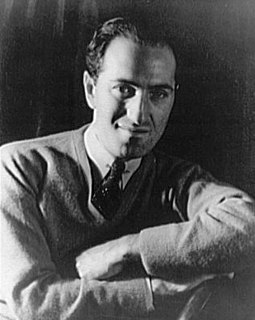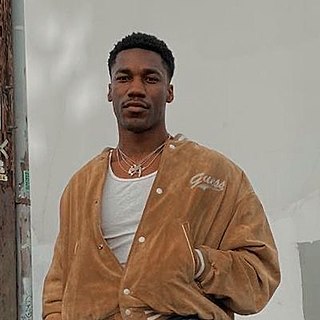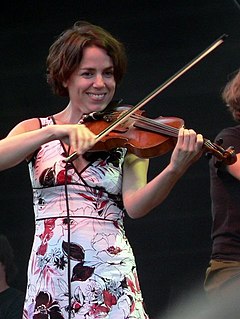A Quote by Jimmy Reid
Robert Burns enriched Scottish song with his genius and is mainly responsible for the rich treasure house of song that we enjoy today. He collected folk songs, retained the melodic line, kept what words were usable and rewrote the rest. He didn't claim ownership.
Related Quotes
Gershwin's melodic gift was phenomenal. His songs contain the essence of New York in the 1920s and have deservedly become classics of their kind, part of the 20th-century folk-song tradition in the sense that they are popular music which has been spread by oral tradition (for many must have sung a Gershwin song without having any idea who wrote it).
My favorite Bob Dylan record is the very first one where he sings one Bob Dylan song and the rest of them are his interpretations of the Dust Bowl-era folk songs, or even going back as far as the mass influx of people coming into the U.S. during the gold rush. His interpretations of those songs are incredible.
Folk songs are evasive-the truth about life, and life is more or less a lie, but then again that's exactly the way we want it to be. We wouldn't be comfortable with it any other way. A folk song has over a thousand faces and you must meet them all if you want to play this stuff. A folk song might vary in meaning and it might not appear the same from one moment to the next. It depends on who's playing and who's listening.
An audience will let you know if a song communicates. If you see them kind of falling asleep during the song, or if they clap at the end of a song, then they're telling you something about the song. But you can have a good song that doesn't communicate. Perhaps that isn't a song that you can sing to people; perhaps that's a song that you sing to yourself. And some songs are maybe for a small audience, and some songs are for a wide audience. But the audience will let you know pretty quickly.
I think the B-52's were a huge influence on Sleater-Kinney. The way that there'd be a really interesting guitar line that'd be really melodic and kind of simplistic, I really related to that. The sense of melody is really intense and fun. It's not just traditional song structures, but it's very melodic and draws you in, in kind of an immediate way.
If I'm happy with the song and it's a hit song or not, for the rest of my life, I can hang my hat on knowing I did the best I could, and I'll enjoy getting out there and doing it. That's all that really matters for me. The icing on the cake is people actually enjoy it and sing it back to you. That's when you know that you've done something great.
I always try to write a song, I never just want to write a record. Originally I was not writing songs for myself. ....And I can say this, most of the people who have recorded my songs are songwriters themselves. ... Even if I don't release it myself, somebody else might hear it and want to record it. When you write a song, it gives it that potential. When you write a song, a song has longevity. ... So I wanted to sing inspirational music, and that's exactly how I approached it-only the words have been changed to declare my relationship with God. Songwriting is my gift from God.





































